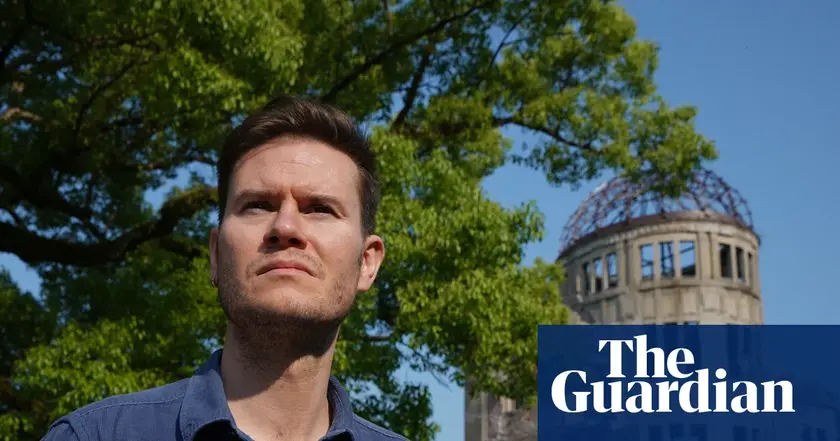T4K3.news
Korean survivors reflect on Hiroshima bombing
The legacy of the Hiroshima bombing includes the stories of many Korean victims.
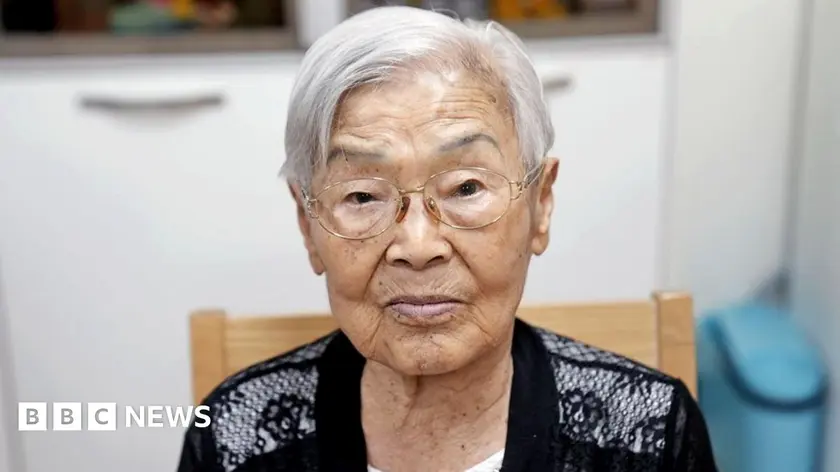
Koreans affected by the Hiroshima bombing reflect on their survival and ongoing struggles.
Survivors share their stories of the Hiroshima bomb
On August 6, 1945, a nuclear bomb exploded over Hiroshima, killing instantly the vast majority of its inhabitants, including many Koreans. Among the survivors is Lee Jung-soon, who vividly recalls the chaos and sorrow of that day. With around 140,000 Koreans in the city, many had come as forced laborers under Japanese colonial rule. While the Hiroshima disaster is largely recognized, the plight of Korean victims remains less acknowledged. Eight decades later, survivors continue to grapple with trauma and health issues, highlighting an ongoing struggle for recognition and justice.
Key Takeaways
"My father was about to leave for work, but he suddenly came running back and told us to evacuate immediately."
Lee Jung-soon recounts the moment before the bomb hit, emphasizing the chaos.
"The atomic bomb… it's such a terrifying weapon."
Lee Jung-soon's emotional reflection on the impact of nuclear weapons.
"They say the streets were filled with the dead – but I was so shocked all I remember is crying."
This quote illustrates the immediate trauma faced by survivors of the bombing.
The experiences of Korean survivors highlight a significant but often overlooked chapter in the narrative of the Hiroshima bombing. Their stories raise important questions about historical accountability and the long-lasting effects of colonial exploitation. While the atomic bombings served as catalysts for ending World War Two, the impact on marginalized communities requires deeper reflection. As survivors age, their testimonies risk fading unless meaningful recognition occurs now. This history not only shapes current politics in East Asia but calls for a collective memory that encompasses all who suffered under the bomb's shadow.
Highlights
- The atomic bomb is such a terrifying weapon.
- I just cried and cried as I witnessed the horror.
- Survivors live in the long shadow of that day.
- Recognition of all victims is a pressing need.
Ongoing struggle for recognition and justice
Korean survivors continue to fight for acknowledgment of their suffering from the Hiroshima bombing.
The stories of these survivors remind us of the importance of acknowledging all victims of history.
Enjoyed this? Let your friends know!
Related News
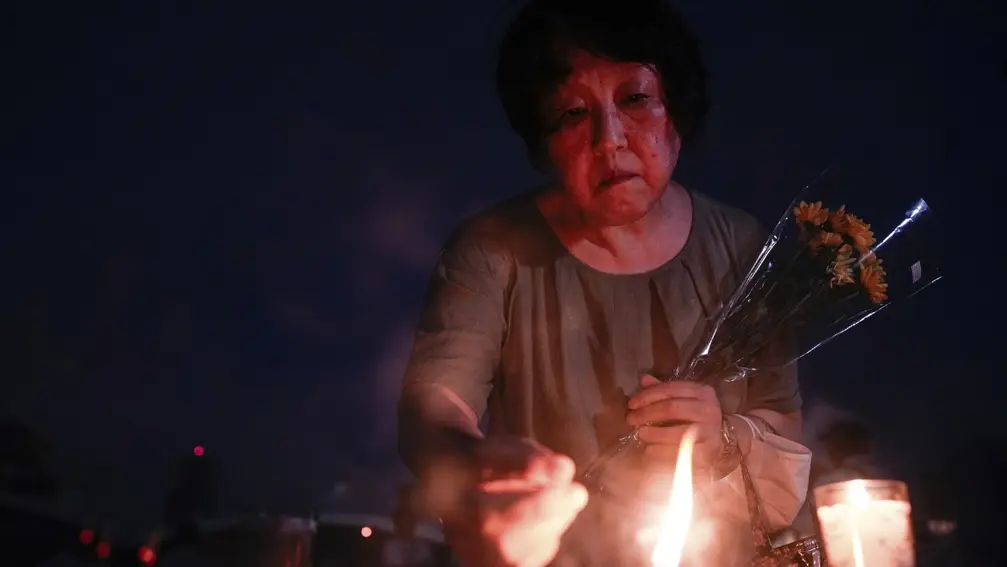
Hiroshima commemorates 80th anniversary of atomic bombing
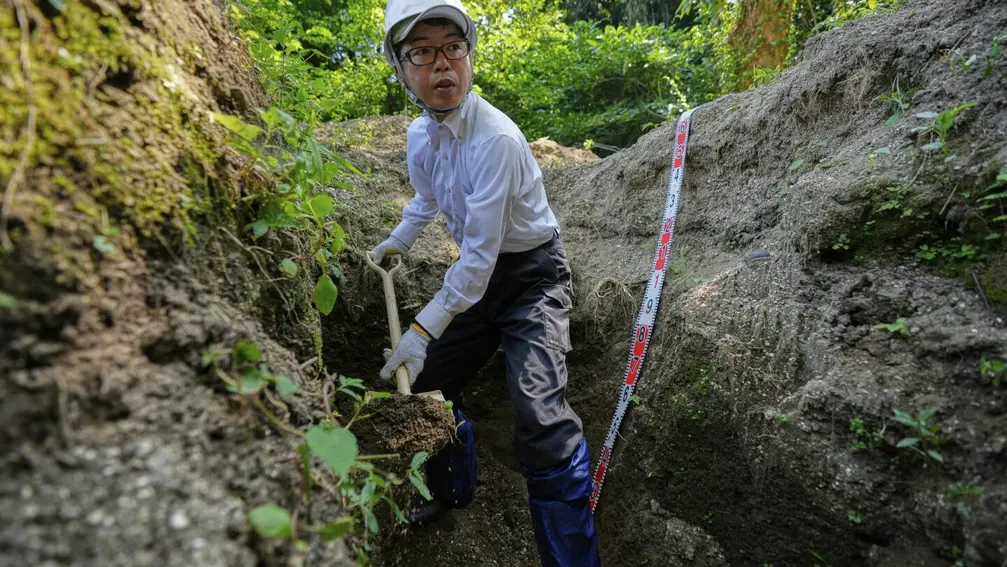
Search for Hiroshima bombing victims continues 80 years later
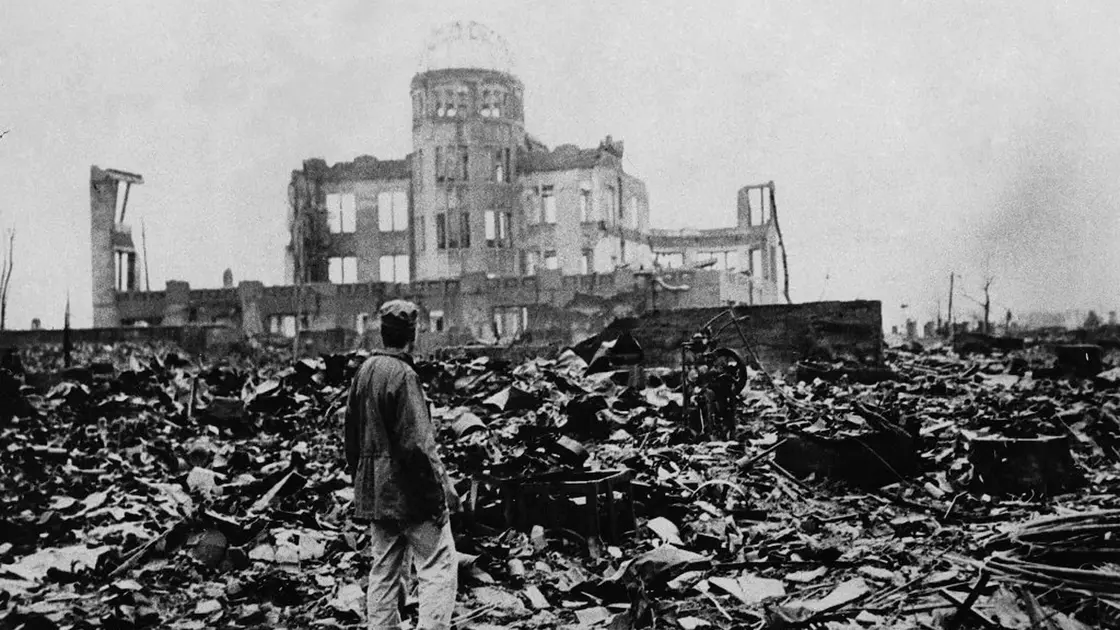
Japan marks 80th anniversary of Hiroshima bombing

Art Reflects on 80 Years Since Hiroshima
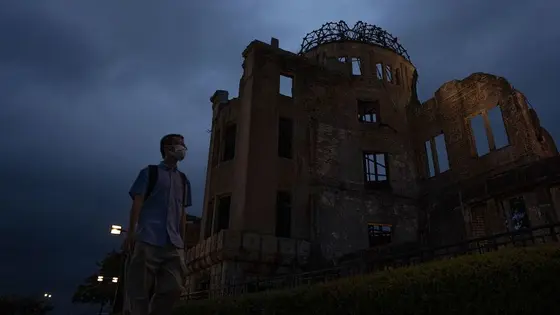
World marks Hiroshima's 80th anniversary amid nuclear tensions
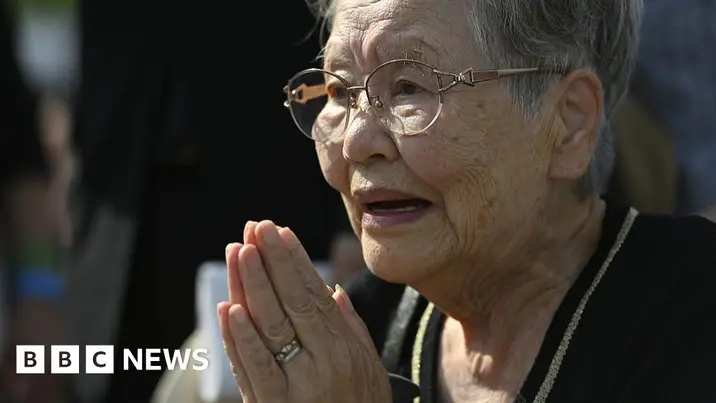
Hiroshima commemorates 80 years since atomic bombing
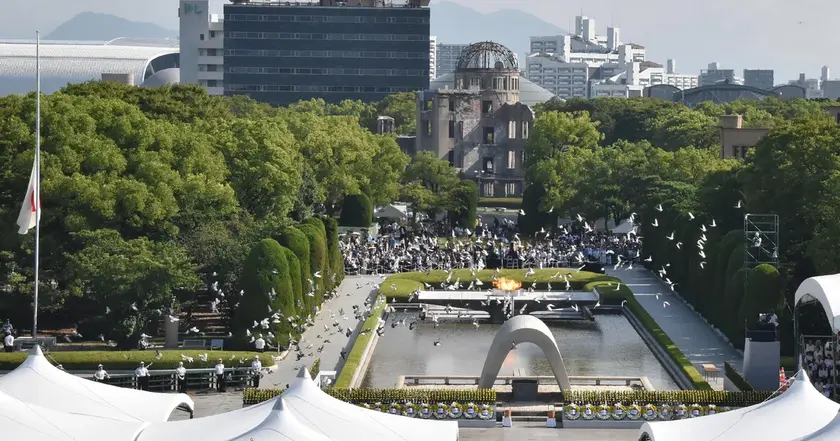
80th anniversary marks solemn reflection in Hiroshima
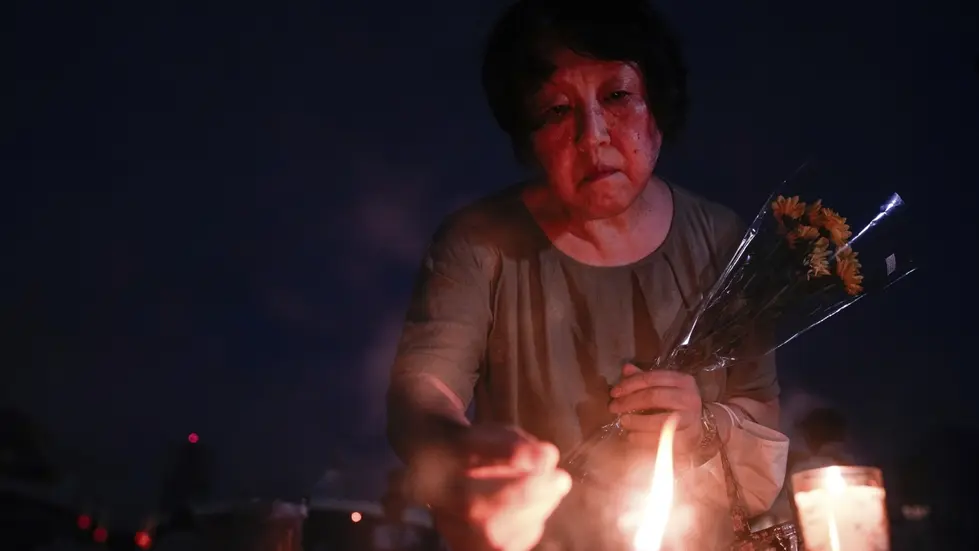
Hiroshima marks 80 years since atomic bombing
